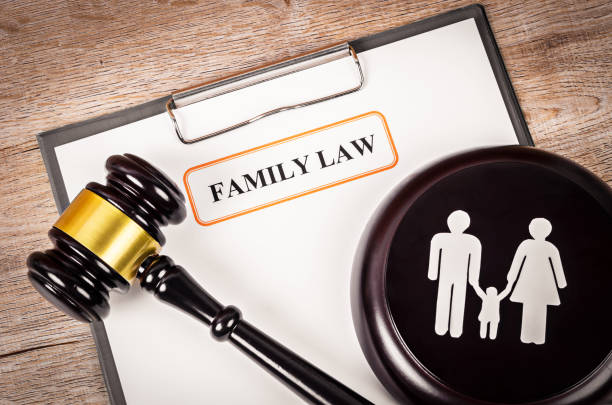
A mutual divorce, also known as a no-fault divorce, is when both spouses agree to dissolve the marriage. During the divorce hearing, the judge will ask questions to ensure this is truly a mutual decision.
The judge will first confirm basic information like the names, ages, occupations, and length of marriage of the petitioners. This sets the groundwork for the rest of the questioning.
Next, the judge will inquire about any marital property, assets, debts, or children involved. They will want to know who will retain ownership of the house, how bank accounts will be divided, who claims the cars, and who will pay any outstanding loans or credit card balances. If there are children, the judge will ask about custody arrangements, visitation schedules, and child support. These details are important for the court to consider before dissolving the marriage.
The judge may also ask about the reason for the divorce. Even in a mutual divorce, there is usually some cause like irreconcilable differences. The judge wants to ensure both parties agree on the grounds and that neither spouse contests the dissolution of marriage.
Additionally, the judge will confirm there is no coercion or collusion involved. They want to verify that both parties are freely consenting to the divorce of their own accord. The judge does not want to find out later that one spouse pressured or threatened the other to agree to the divorce against their wishes.
Throughout the questioning, the judge is determining that both spouses understand the implications of divorce and have had adequate legal counsel. A divorce ends the marriage contract and divides assets and debts. The judge ensures that all arrangements, such as alimony, are satisfactory to both parties. If either party seems uncertain, the judge may request additional time for consideration.
Overall, the judge aims to guarantee a fair divorce settlement that equitably divides property, provides for children, and adequately supports both parties. The questions are meant to protect the interests of both spouses and officially dissolve the marriage in an ethical manner. As long as both parties demonstrate informed consent, the judge will finalize the mutual divorce.